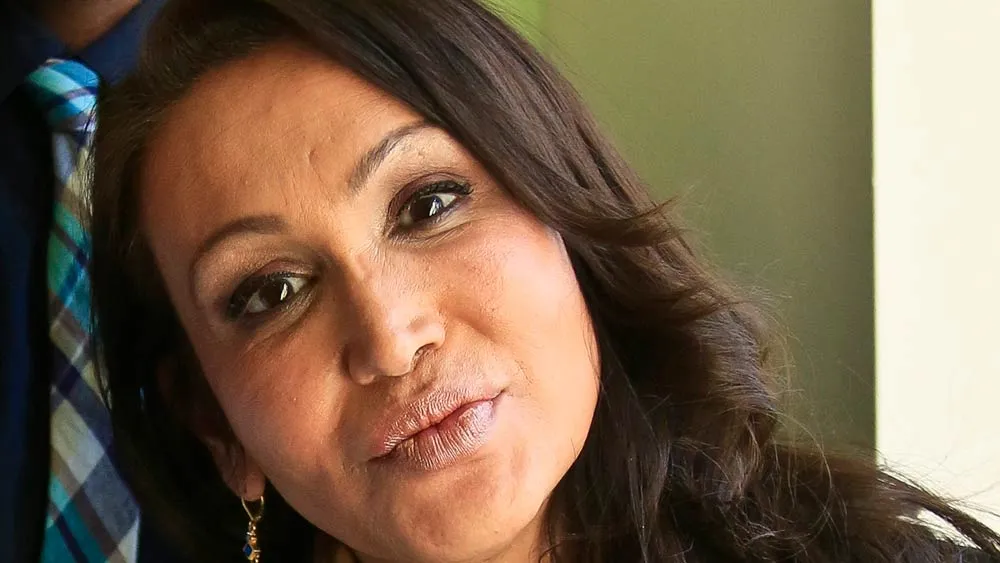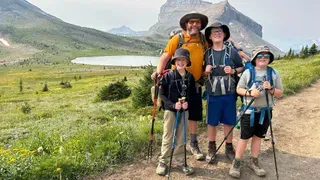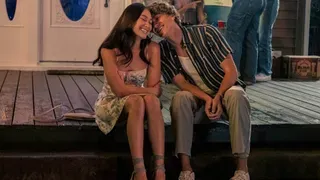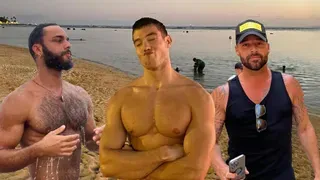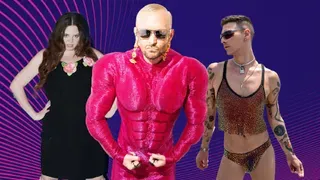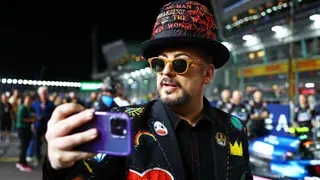December 10, 2024
Village People in Standoff Over 'Y.M.C.A.' Being a Queer Anthem
Robert Nesti READ TIME: 10 MIN.
This past week Willis went on Fox News to give his blessing to the President-elect's use of his song. "I decided to allow the president-elect's continued use of 'Y.M.C.A.' because he seems to genuinely, genuinely like the song and so many other artists were stopping him from using their music," Willis told "Fox & Friends First" on Thursday after years of asking Trump to stop using the song. During the recent campaign, he supported Kamala Harris.
"So I decided to contact BMI [Broadcast Music, Inc.] and told them not to terminate his political use license because he seemed to be bringing so much joy to the American people with his use of Y.M.C.A."
According to Willis, the song "is estimated to gross several million dollars since the President Elect's continued use of the song."
Willis, though, continues to inflame the controversy with his claims the song isn't a gay anthem, and that his wife, the lawyer, plans on suing anyone who says that it is after the first of the year. Billboard quotes Willis, who says calling the song a "gay anthem" is "completely misguided" and "damaging to the song." While he says he doesn't mind if "gays think of the song as their anthem," it isn't one.
He wrote on Facebook: "This assumption is also based on the fact that the YMCA was apparently being used as some sort of gay hangout, and since one of the writers [Jacques Morali] was gay and some of the Village People are gay, the song must be a message to gay people," Willis wrote. "To that I say, once again, get your minds out of the gutter. It is not ... such notion is based solely on the song's lyrics alluding to [illicit] activity for which it does not."
Not so fast says David Hodo, who was the Construction Worker in the band from 1978-1982, then for a second stint when the group came back together, 1987 – 2013. For the record, he was not a member of the band when they recorded their first album, called "Village People," that introduced a propulsive and very macho sound performed by personnel dressed on the album cover as familiar macho archetypes: A Cowboy, a Construction Worker, a Policeman, a Leatherman/Biker, a G.I., and an Indian. The four tracks on their first album featured Willis's booming baritone in songs named for four gay meccas: "San Francisco (You Got Me)," "In Hollywood (Everybody is a Star)," "Fire Island," and "Village People." On the brief (22 minute) album, Willis sings with a back-up band called Gypsy Lane.
The group was inspired when Morali followed Felipe Rose, dressed in an Indian costume, to the West Side bar The Anvil, where he performed as a dancer. When he was joined by another man dressed as a cowboy, Morali got the idea of the band, an idea born in a queer 1970s New York after hours (the clubs immortalized in William Friedkin's "Cruisin,'" (also released in 1980). The album was so successful that Willis, Morali and Belolo realized they had to get an actual together. To find the personnel, they took out an ad in a music trade magazine which read: "Macho Types Wanted: Must Dance And Have A Moustache."
Hodo answered the ad and was recruited to join the group and stayed with them during their peak period of popularity. Hodo was not the original Construction Worker; that was Mark Mussler, who appeared with the group when they were on "American Bandstand," where they sang "San Francisco." At that time Alex Briley (began as an athlete, but then took on a soldier persona) was hand-picked by Willis, while Mark Mussler (original Construction Worker), Dave Forrest (original Cowboy), Lee Mouton (original Leatherman), and Peter Whitehead (one of the group's early songwriters) rounded out the group.
Robert Nesti can be reached at [email protected].
